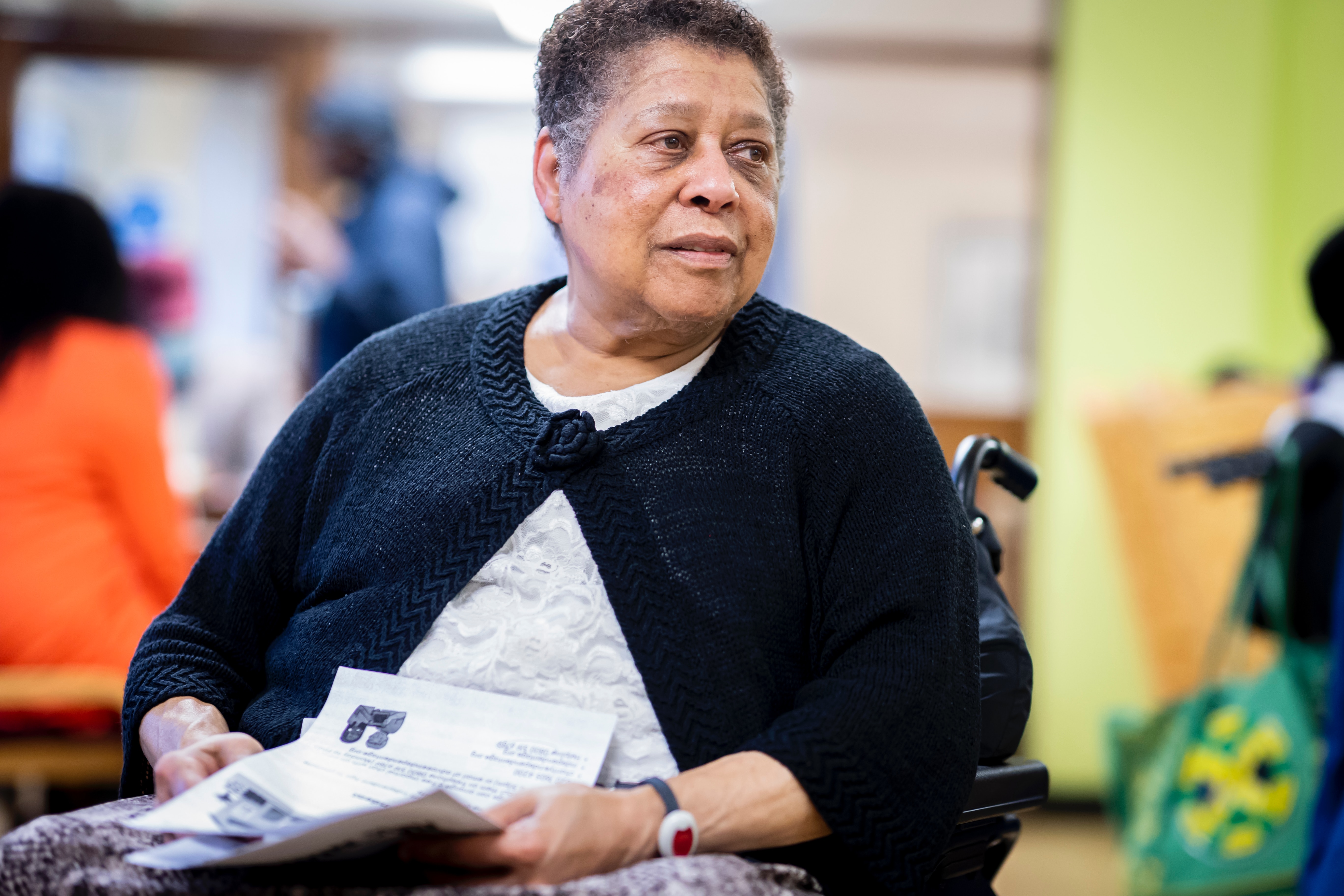A good night’s rest is crucial for a productive day and a healthy body. We have talked at length about the different ways that sleep can affect your routine, diet, physical capabilities, and more. However, many seniors find it extremely hard to fall asleep at night, no matter how hard they try. Depending on the severity, insomnia can lead to long-lasting health effects, and everyone currently unable to fall asleep comfortably at night should try to address this issue as soon as possible.
What is Insomnia?
According to the National Institutes of Health, insomnia is a common sleep disorder that affects the act of falling asleep and staying asleep, as well as the quality of sleep during that time. As we age, our body is, on average, unable to sleep as well at night, and insomnia is one of the most highly reported conditions among the elderly.
Symptoms of Insomnia
While insomnia only affects your quality and ability to sleep, lack of sleep itself has a myriad of serious health concerns. These include:
- Fatigue, drowsiness, and sleepiness throughout the day
- Mood swings, anger issues, depression, and anxiety
- Higher levels of stress and stress-producing chemicals in the body
- Memory issues
- Inability to focus or devote yourself to a task
Seniors and Insomnia
According to the NIH, seniors spend less time in ‘deep sleep’ compared to younger parts of the population, making them more prone to insomnia, even if every other factor stays the same. In addition, seniors also have risk factors that, overall, make insomnia more common in their population. These include:
- Medications: Prescription drugs, even if they are working as intended, change the body in various ways, and changes to hormone levels can drastically affect sleep quality.
- Health Conditions: Similar to side effects of medications, health conditions can change the hormone balance in the body or affect the brain chemistry that controls sleep. Any health complications also run the risk of causing pain or other symptoms that wake someone from their rest at night.
- Physical Activity Levels: After a hard day at work or lots of physical activity, everyone loves a long and undisturbed rest. However, seniors generally exercise less, exert less energy, and do fewer daily activities than younger members of the population. Without ‘burning off’ some of this energy, seniors can become restless at night, as their body is not yet ready to fall asleep.
Ways To Combat Insomnia
Insomnia isn’t easily overcome, but anyone can improve their sleep with proper planning and life changes. Before making any drastic changes to your schedule, diet, or medication, always consult a doctor.
- Stick to a schedule: It seems impossible to stick to a schedule if plagued by sleep issues, but routinely lying down and waking up at the exact same times is a great way to combat insomnia. If one day you are unable to sleep at night, your body will naturally be more tired and willing to sleep through the night the next day if you stick to a schedule and don’t sleep in to make up for lost sleep the previous night.
- Exercise: Exercise can help regulate hormones and chemical levels in the body, burn off extra energy, and make you physically feel tired and ready for bed each night.
- Avoid stimulants and substances: Coffees, teas, candies, alcohol – all of these can affect your body and prevent it from resting efficiently.
- Consider medication and diet changes: With a doctor, discuss how your current diet and medication habits might affect your body. Different types of medications often work for the same health condition, and those medications might be better for your sleep quality.
A Banyan Residenceis a memory care and assisted living facility in Venice, Florida. Contact us today to set up a personal tour of our Venice location.

